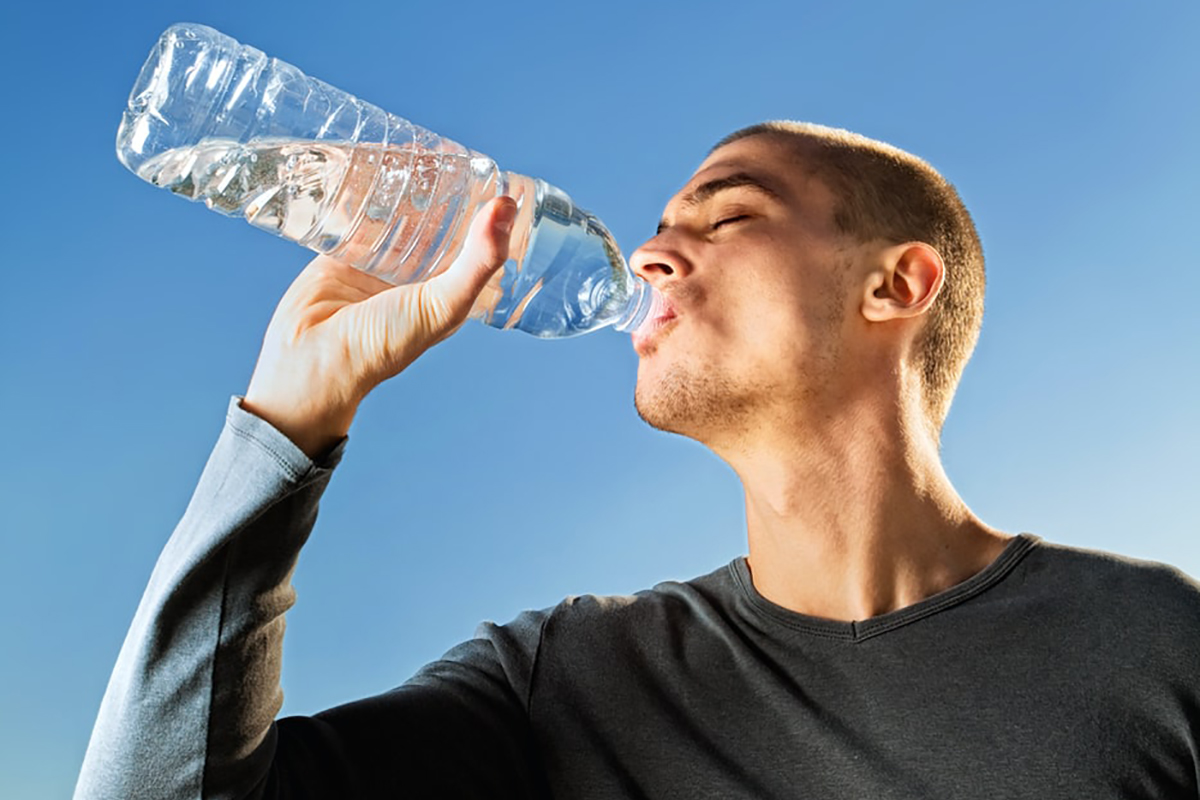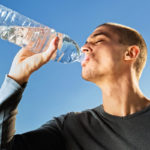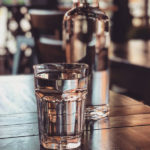Everyone knows that you should drink plenty of water throughout the day. The question is: how much should you drink? The old maxim that you should drink six to eight glasses of water per day has been heavily questioned in recent years, with some estimates rising as high as 15 cups of water. These higher estimates are usually questionable since they don’t account for water from food or other beverages. This leaves some people relieved but has others scratching their heads. If you don’t need 15 glasses, how much water do you need?
How much water should I drink a day?
The fact is, there’s no single answer to this question. The amount of water you need will depend on a lot of factors, such as the temperature around you and your level of activity. In general, you should aim for around eight cups of water per day, although other fluids are also acceptable. It’s not a disaster if you drink a little less, but eight cups of water are enough to keep you hydrated. If you’re exercising, aim to drink extra water.
Does it have to be water?
Part of the reason for the confusion over the question of how much water to drink a day is that there are other sources of fluid besides water. It might be true that, for example, an adult male could require 15 8oz cups of liquid — but that would be from all sources, not just from drinking water. Most foods contain a significant amount of water, with some vegetables consisting of over 90 percent water. Eating these foods is an excellent way to stay hydrated. Then there are other beverages. While water is generally the best way to hydrate, some people struggle to consume enough because it’s simply not very tasty. Ideally, you should drink plain water; if you can’t motivate yourself to consume enough, however, it’s okay to choose a different beverage that you enjoy more.
What can I drink other than plain water?
The most important thing about your water alternative is that it must be alcohol-free. Alcohol dehydrates your body and has several other negative health consequences.
There’s a little more leeway when it comes to drinks with caffeine. Caffeine-free drinks are better because caffeine is a mild diuretic. Even so, you will still retain more of the fluid that you drink than you excrete due to the caffeine. Try to cut down your caffeine intake, substituting a decaffeinated version of your usual drinks or, ideally, plain water.
Sodas and flavored soft drinks will hydrate you. It’s okay for one or two of your 8 oz cups of fluid to be a soft drink. You should be careful, however, not to drink products that are sweetened with sugar. Whether it’s the high-fructose corn syrup in your cola or the sugar in your iced tea, sugars can impact you negatively in several ways. Refined sugar and syrup contribute to tooth decay, disrupt your natural blood sugar, and raise your calorie intake. Some research even suggests that refined carbohydrates like sugar can make you more likely to develop diabetes. Diet drinks are not always a great solution, either. Artificial sweeteners have been associated with weight gain.
If you don’t want to drink plain water, try a healthy drink such as green tea. Water infused with fruit and herbs such as mint can also be tasty. Many people find it more pleasurable to drink their daily eight cups of water with a little lemon juice. While it’s essential to maintain proper hydration, you should avoid drinking large quantities of water all at once. If you try to consume more than two pints of water in a sitting, you may find yourself becoming nauseous and dizzy. This is called water intoxication, and it can be very dangerous. Stick to drinking about eight 8 oz cups of water per day.
Tap for recommended posts on the tags you don’t follow






